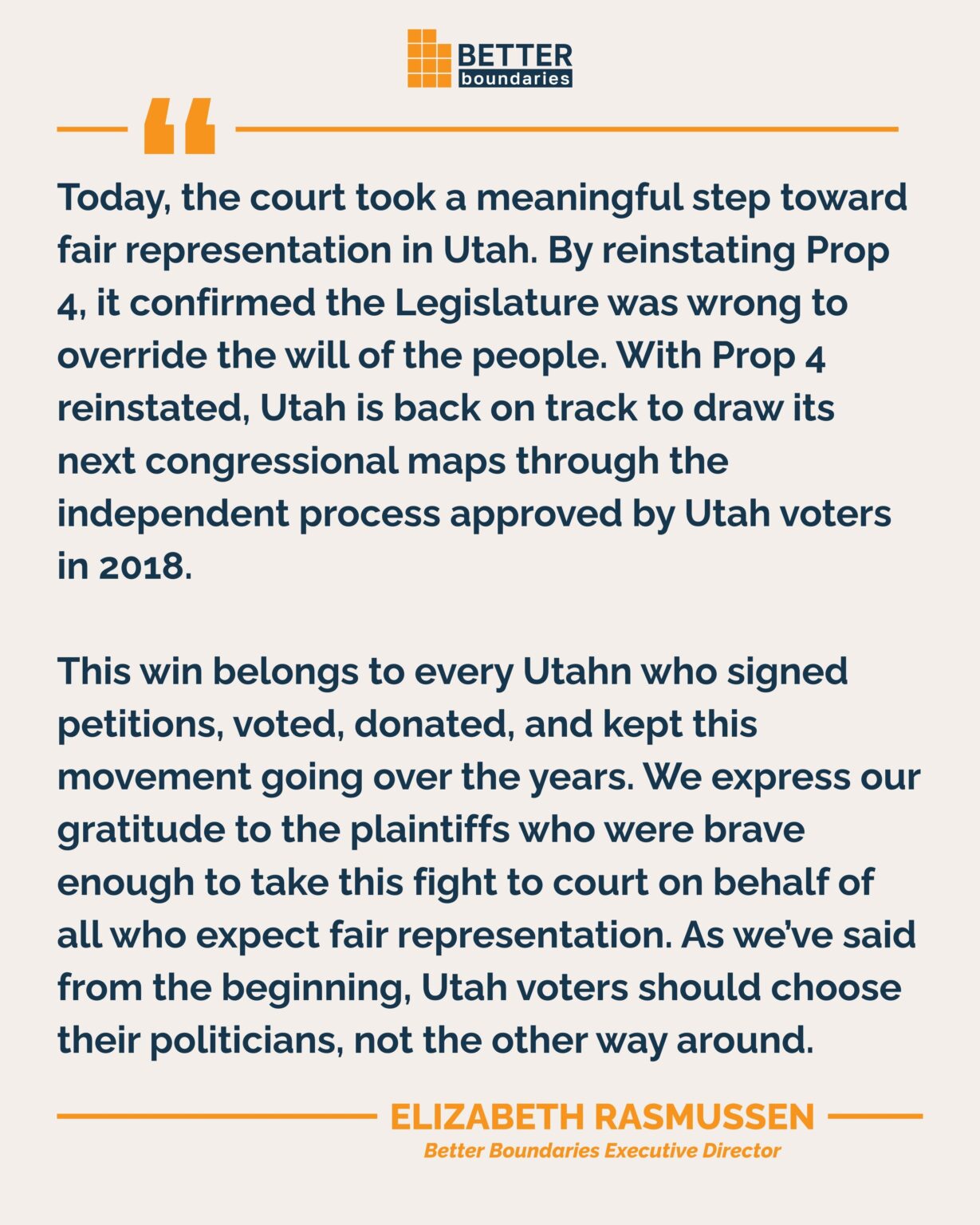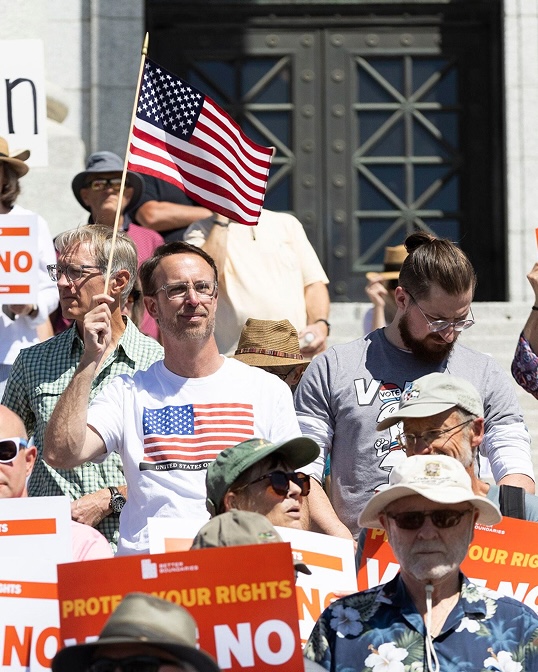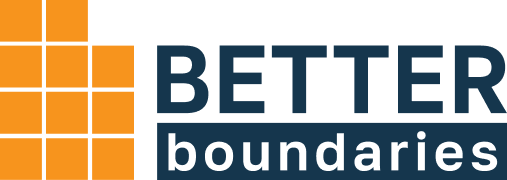The Fight for Fair Maps

August 25th Court Decision
In a major win for Utah’s democracy, the Third District Court ruled that the Legislature’s repeal of Proposition 4 was unconstitutional and reinstated the process and standards voters approved in 2018. As a result, the current congressional maps are no longer valid.
The Court ordered the Legislature to submit new congressional maps that comply with Proposition 4’s process and standards. When the Legislature failed to produce a map that complied with the law, the Court implemented Plaintiff Map 1 for the 2026 elections. This map complies with the standards voters approved, including that the map is:
- Fair: Equal population, no gerrymandering.
- Functional: Districts that make sense geographically and follow natural boundaries.
- Focused: Keep cities and communities together, not divided.
There is now an effort to undo the fair process voters put in place when they approved Proposition 4 in 2018, including an initiative to repeal Proposition 4. This effort is currently gathering signatures to qualify for the ballot. You can find more information on this initiative and actions you can take at the link below.
Legal Strategy
The plaintiffs, along with their expert legal advisors, have a two-pronged legal strategy. The complaint details the facts showing that the legislature’s repeal of Proposition 4 violated the Utah Constitution and that the legislature’s congressional map violates numerous provisions of Utah’s Constitution because it is an extreme partisan gerrymander. It is our hope that the lawsuit reinstates the original language of Prop 4, replaces the gerrymandered congressional map, and safeguards Utahns’ right to reform their government.
First, the complaint argues that the repeal of Prop 4 was unconstitutional. Our government was formed by our consent, for our benefit, and for our protection—all power is inherent in the people. Our state constitution gives us the right to reform our government and sets out a process to do so. That is exactly what we did with Prop 4, and the legislature did not have the authority to repeal the will of the voters. (Utah Const. art. I, § 2).
Second, the complaint argues that the congressional map violates our state Constitution because it is an extreme partisan gerrymander. The Utah Constitution’s Free Elections Clause, for example, states that all elections shall be free and that no power shall interfere with the “free exercise of the right of suffrage.” (Utah Const. art. I, § 17). No matter your ZIP Code, voters should be able to pick their leaders. Politicians should not get to pick which voters to listen to and which to ignore. Extreme partisan gerrymandering on the part of the legislature serves political parties over people, creates distrust in the process, and dilutes our votes — all of which interfere with free elections.
Additionally, the partisan gerrymandered congressional map violates Utahns’ other protected constitutional rights to equal protection under the law, the freedom of association and speech, and the right to vote.
On July 11, 2024, the Utah Supreme Court unanimously delivered a massive victory to the plaintiffs. They ruled that the Utah State Legislature cannot alter citizen-led efforts to reform their government. On August 25th, the Third District Court applied this Utah Supreme Court decision and determined the Utah Legislature violated Utahns’ constitutional rights to alter and reform our government when it repealed Proposition 4. The Court reinstated the law and required a new, compliant map for the 2026 elections.

Litigation Process
March 17, 2022
Plaintiffs file a complaint against the Utah Legislature in the Third District Court.
The Utah Legislature files a motion to dismiss.
May 2, 2022
June 1, 2022
Plaintiffs file a response to the legislature’s motion to dismiss.
The Utah Legislature files a motion to stay based on the US Supreme Court agreeing to review the North Carolina Supreme Court’s decision in Moore v. Harper (2023). Plaintiffs oppose.
July 21, 2022
August 22, 2022
The Third District Court denies the legislature’s first motion to stay.
The Third District Court hears argument on the legislature’s motion to dismiss.
August 24, 2022
October 24, 2022
The Third District Court issues a summary ruling denying the legislature’s motion to dismiss in part, allowing the plaintiffs’ partisan gerrymandering claims to proceed. She dismisses the claim that the repeal of Prop 4 was unconstitutional.
The legislature files an interlocutory appeal asking the Utah Supreme Court to reverse the trial court’s denial of the legislature’s motion to dismiss the plaintiffs’ partisan gerrymandering claims.
November 14, 2022
November 14, 2022
Plaintiffs also file an interlocutory claim arguing that the case should move forward in the district court. However, if the Supreme Court agreed to hear the appeal, they asked the court to reverse the dismissal of the claim asserting that the repeal of Prop 4 was unconstitutional.
The Utah Legislature files a second motion to stay, based on their filing of a petition for interlocutory appeal in the Utah Supreme Court. Plaintiffs oppose.
November 21, 2022
November 22, 2022
The Third District Court issues full decision explaining the Court’s reasoning for the motion to dismiss.
The Third District Court denies the stay request and sets a trial date of May 22–26, 2023.
December 2, 2022
January 6, 2023
The Utah Supreme Court agrees to hear the legislature’s and the plaintiffs’ interlocutory appeals.
The legislature files a third motion to stay based on the Supreme Court granting interlocutory review of defendants’ and plaintiffs’ petitions. Plaintiffs oppose.
January 6, 2023
January 18, 2023
District Court grants motion to stay, pending interlocutory review.
Plaintiffs’ initial brief and legislature’ initial brief are submitted to Utah Supreme Court.
March 31, 2023
April 7, 2023
Amicus Briefs supporting legislature’s positions submitted.
Response briefs due from plaintiffs and legislature.
May 12, 2023
May 19, 2023
Amicus Briefs supporting plaintiffs are submitted.
Plaintiffs and legislature reply briefs are due.
June 16, 2023
July 11, 2023
Supreme Court hearing and interlocutory appeal.
In a unanimous decision, the Utah Supreme Court allows plaintiffs to proceed with their claim that SB 200 violated Utahns’ state constitutional right to alter and reform their government. The Court remands the case to the trial court and orders it to apply strict scrutiny to SB 200.
July 11, 2024
January 31, 2025
Judge Gibson hears arguments from the plaintiffs and the Legislature. During arguments, the Court considers whether the Legislature’s actions violated the people’s constitutional right to reform government, and whether redistricting authority rests exclusively with the legislature.
The Third District Court requests additional information from the plaintiffs and the Legislature on what happens to the legislature-created maps if she rules they did not comply with Prop 4’s criteria.
March 31, 2025
August 25, 2025
Utah’s Third District Court rules the Legislature was wrong to overturn the will of the voters, and reinstated Proposition 4. The Court ordered the Legislature to submit new congressional maps that comply with Proposition 4’s independent redistricting process.
The Utah Legislature convenes a special session to consider six proposed maps and S.B. 1011, which defines the fairness tests used to evaluate maps. After public hearings, the Legislature passes S.B. 1011 and selects Map C to submit to the court.
October 6, 2025
October 6, 2025
Plaintiffs file a third supplemental complaint challenging S.B. 1011. Plaintiffs also submit two maps to the Court, and briefs and expert reports in support of their maps.
The Third District Court hears oral arguments on map submissions and S.B. 1011.
October 23, 2025
November 10, 2025
The Third District Court finds Map C does not comply with Proposition 4’s voter-approved process and fairness standards. It blocks the Legislature’s Map C from being used in the 2026 elections, holds that S.B. 1011 cannot take effect, and orders Plaintiff Map 1 to be used instead.
The Third District Court issues a ruling clarifying boundary issues and denies the Legislature’s request to reconsider or stay her August 25 and November 10 orders, keeping Plaintiff Map 1 in place for 2026.
December 5, 2025
